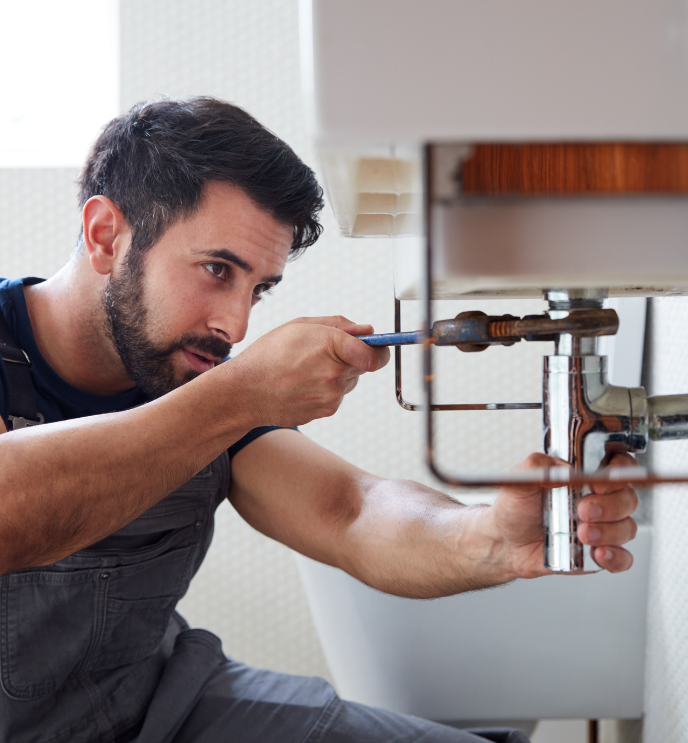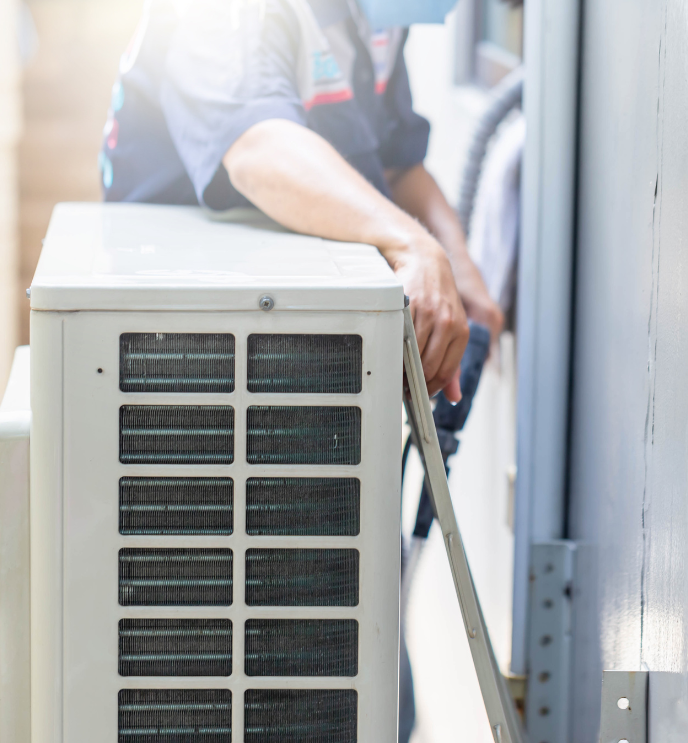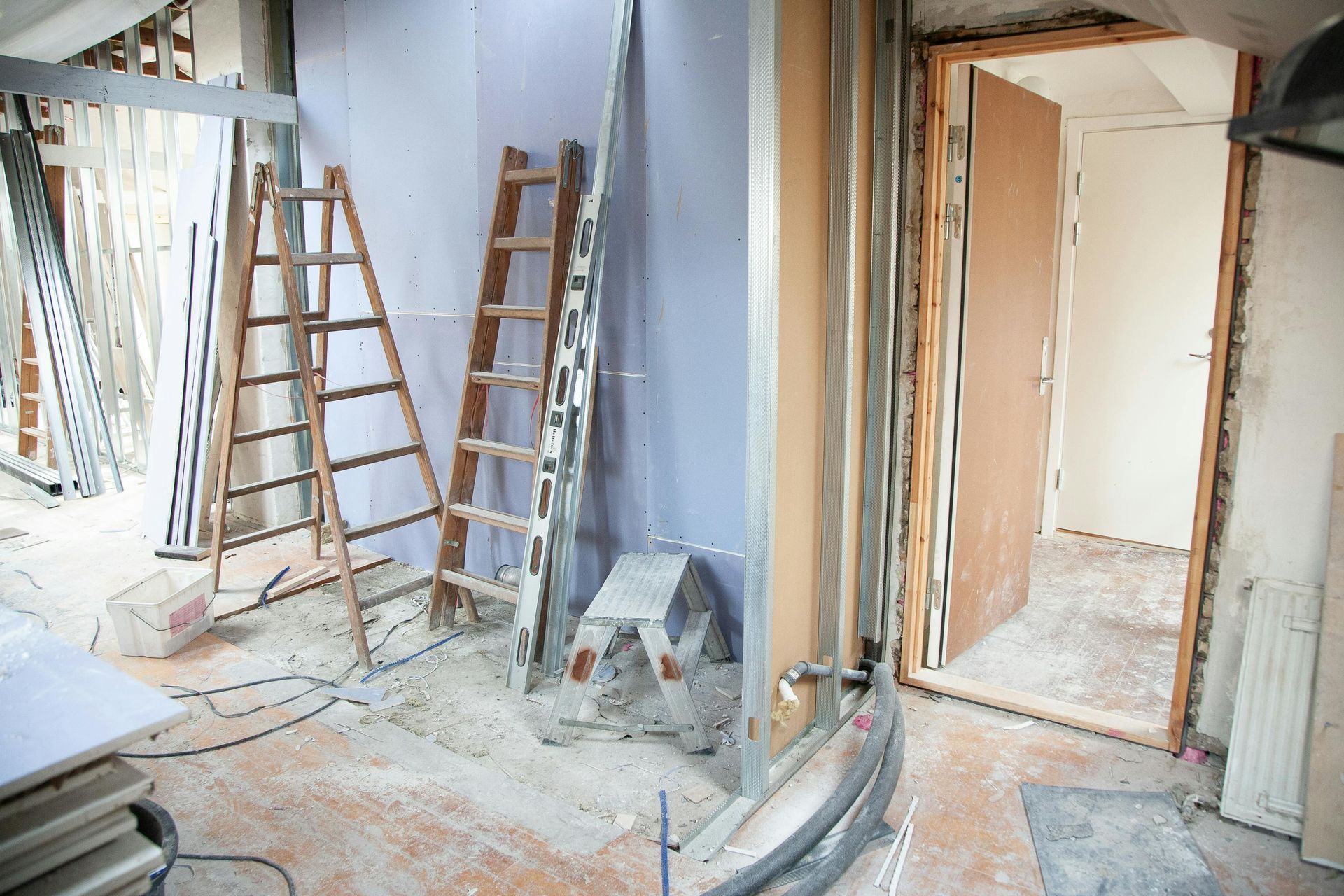Types of Contractors We Serve
Jonathan Behr
Owner of Contractor Insurance Pros by Behr Insurance Services
Index
Contact Us
Phone
Location
Simi Valley, CA 93065
The Woodlands, TX 77382
Katy, TX 77494
In the world of marine HVAC (Heating, Ventilation, and Air Conditioning), technicians play a crucial role in ensuring that vessels operate smoothly and comfortably. However, like any profession, there are inherent risks associated with this line of work. To protect themselves and their businesses, marine HVAC technicians should consider obtaining specialized insurance. This article delves into the various aspects of marine HVAC technician insurance, its importance, types of coverage available, and tips for selecting the right policy.
Understanding Marine HVAC Technician Insurance
Marine HVAC technician insurance is designed to protect professionals who work on heating, ventilation, and air conditioning systems aboard ships and other marine vessels. This type of insurance helps mitigate risks associated with the unique challenges of working in a marine environment, including exposure to harsh weather conditions, working at heights, and the complexities of marine systems. The marine industry presents a distinct set of hazards, from the corrosive effects of saltwater on equipment to the logistical challenges of accessing confined spaces on a vessel. As such, having comprehensive insurance coverage is not merely a precaution; it is an essential aspect of ensuring operational continuity and safety.
The Importance of Insurance
Insurance is not just a safety net; it is a vital component of a marine HVAC technician's business strategy. Without proper coverage, technicians may find themselves financially vulnerable in the event of accidents, equipment failure, or legal disputes. Insurance helps to safeguard personal assets and ensures that technicians can continue to operate their businesses even in the face of unexpected challenges. In an industry where the stakes are high, the financial implications of a single incident can be devastating, making insurance an indispensable tool for risk management.
Moreover, having insurance can enhance a technician's credibility. Clients are more likely to hire a professional who is insured, as it demonstrates a commitment to quality and safety. This can lead to increased business opportunities and long-term client relationships. In addition, many marine companies require proof of insurance before engaging contractors, which means that being insured can open doors to lucrative contracts that might otherwise remain out of reach. Furthermore, insurance can provide peace of mind, allowing technicians to focus on their work without the constant worry of potential liabilities looming over them.
Types of Coverage Available
Marine HVAC technicians have access to various types of insurance coverage tailored to their specific needs. Some of the most common types include:
- General Liability Insurance: This coverage protects against third-party claims for bodily injury or property damage that may occur during the course of work.
- Professional Liability Insurance: Also known as errors and omissions insurance, this protects technicians from claims related to professional mistakes or negligence.
- Workers' Compensation Insurance: This is essential for businesses with employees, as it covers medical expenses and lost wages for workers injured on the job.
- Equipment Insurance: This covers damage or loss of tools and equipment used in the course of work, which can be particularly important for marine HVAC technicians who rely on specialized tools.
- Commercial Auto Insurance: If technicians use vehicles to travel to job sites, this coverage is necessary to protect against accidents and damages while on the road.
In addition to these standard coverages, technicians may also consider specialized policies such as marine pollution liability insurance, which protects against claims arising from environmental damage due to HVAC system failures. Given the increasing regulatory scrutiny on environmental issues, having such coverage can not only protect technicians from hefty fines but also bolster their reputation as responsible professionals. Furthermore, as technology advances, technicians might explore cyber liability insurance to safeguard against data breaches, particularly if they handle sensitive information related to clients or operations. The landscape of marine HVAC work is evolving, and so too are the insurance needs of those who operate within it.
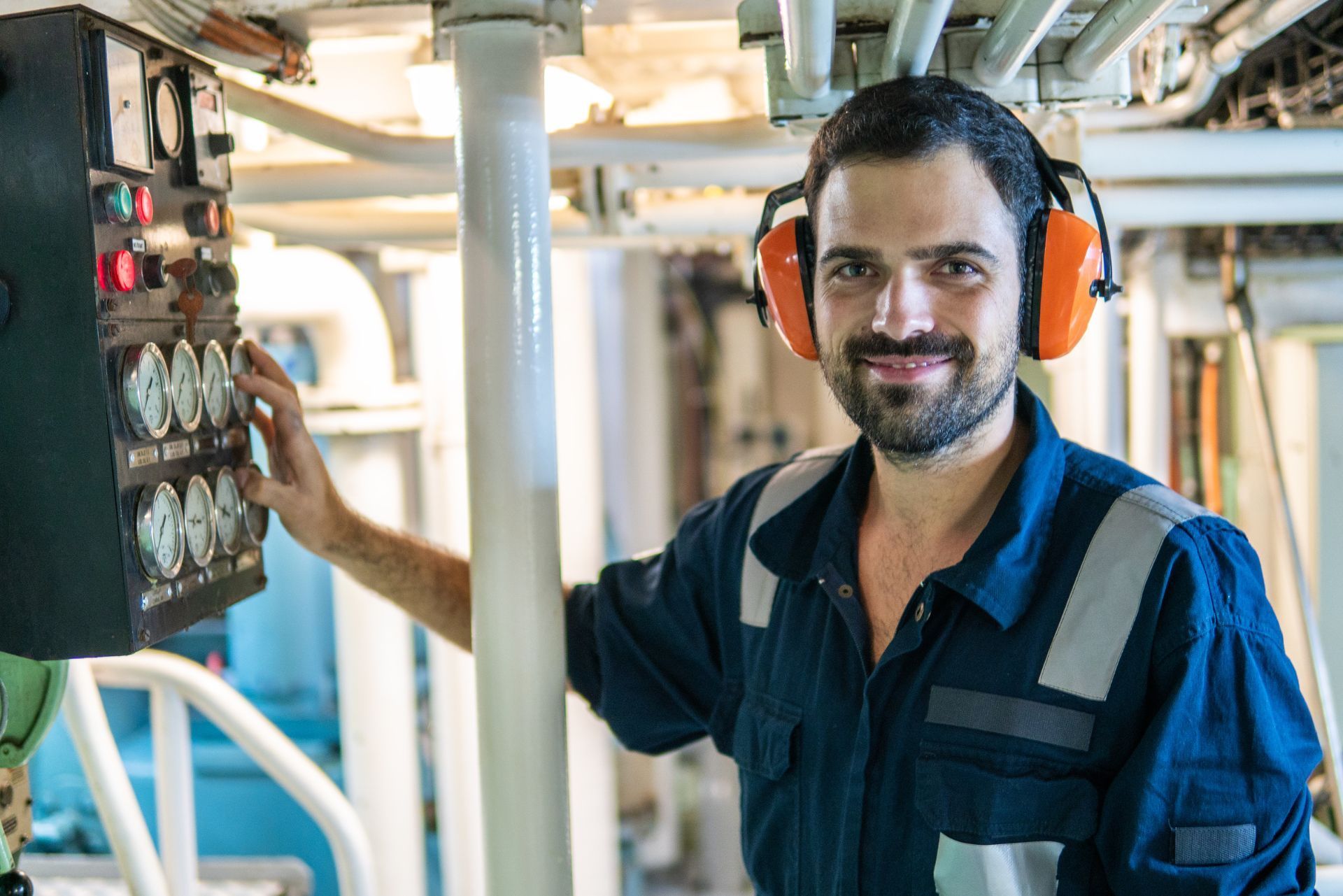
Factors to Consider When Choosing Insurance
Selecting the right insurance policy can be a daunting task, especially with the variety of options available. Several factors should be taken into account to ensure that the chosen policy meets the specific needs of a marine HVAC technician.
Assessing Risks
Every marine HVAC technician faces different risks based on their work environment, client base, and the specific services they provide. A thorough risk assessment can help identify potential liabilities and determine the types of coverage needed. For instance, technicians working on larger vessels may face more significant risks than those working on smaller boats, necessitating more comprehensive coverage. Additionally, external factors such as weather conditions and the operational age of the vessels serviced can further influence risk levels. Understanding these nuances allows technicians to tailor their insurance policies more effectively, ensuring they are protected against unforeseen incidents that could lead to costly claims.
Understanding Policy Limits
Insurance policies come with limits that dictate the maximum amount an insurer will pay for a claim. It is crucial to understand these limits and ensure they are adequate for the risks involved. Technicians should consider factors such as the value of their equipment, the potential costs of legal claims, and the scale of their operations when evaluating policy limits. Moreover, it is wise to review the terms of the policy to identify any sub-limits that may apply to specific types of coverage, such as equipment breakdown or liability coverage. This detailed understanding can prevent unpleasant surprises during the claims process, ensuring that technicians are not left financially vulnerable when they need support the most.
Comparing Quotes
Obtaining quotes from multiple insurance providers is essential for finding the best coverage at a competitive price. Technicians should not only compare premiums but also examine the specifics of each policy, including coverage limits, deductibles, and exclusions. This process can help identify the best value for the necessary coverage. Additionally, it is beneficial to consider the reputation and customer service of the insurance providers, as these factors can significantly impact the claims experience. A provider with a strong track record of prompt and fair claim handling can make a considerable difference in the event of an incident, providing peace of mind that the technician's interests will be prioritized when it matters most.
Common Claims in Marine HVAC Work
Understanding the types of claims that commonly arise in marine HVAC work can help technicians better prepare for potential risks and ensure they have the appropriate coverage in place.
Equipment Failure
Marine HVAC systems are complex and can be prone to failures due to wear and tear or environmental factors. Equipment failure can lead to costly repairs and downtime, making it essential for technicians to have coverage that addresses these issues. Equipment insurance can help mitigate the financial impact of such failures, allowing technicians to quickly replace or repair necessary tools. Moreover, regular maintenance and inspections can significantly reduce the likelihood of unexpected breakdowns. Technicians should also be familiar with the specific components of marine HVAC systems, such as compressors, evaporators, and condensers, as understanding their functions can aid in early detection of potential issues.
Accidents and Injuries
Working in a marine environment often involves physical labor and exposure to hazardous conditions, increasing the risk of accidents and injuries. Workers' compensation insurance is critical for covering medical expenses and lost wages for technicians who may be injured on the job. Additionally, general liability insurance can protect against claims from third parties who may be injured due to a technician's work. Safety training and adherence to safety protocols are vital in minimizing these risks. Technicians should be trained in the proper use of personal protective equipment (PPE) and emergency response procedures, which can not only safeguard their well-being but also foster a culture of safety within the team.
Legal Disputes
Disputes with clients or other parties can arise for various reasons, including perceived negligence or failure to meet contractual obligations. Professional liability insurance is essential for protecting technicians from claims related to professional errors or omissions. This coverage can help cover legal fees and settlements, ensuring that technicians can defend themselves against claims without facing financial ruin. Clear communication and detailed documentation of all work performed can play a pivotal role in preventing misunderstandings that may lead to legal disputes. Keeping thorough records of contracts, service agreements, and client interactions can provide valuable evidence in the event of a claim, helping to establish the technician's diligence and professionalism in their work.
Tips for Reducing Insurance Costs
While insurance is a necessary expense for marine HVAC technicians, there are several strategies to help reduce costs without sacrificing coverage.
Bundle Policies
Many insurance providers offer discounts for bundling multiple policies. By combining general liability, workers' compensation, and equipment insurance into a single package, technicians can often save money on premiums while ensuring comprehensive coverage. Additionally, bundling can simplify the management of policies, making it easier to keep track of renewal dates and claims processes. This streamlined approach can save time and reduce the administrative burden on technicians, allowing them to focus more on their core responsibilities.
Maintain a Safe Work Environment
Implementing safety protocols and maintaining a safe work environment can significantly reduce the risk of accidents and injuries. Insurers often reward businesses with lower premiums for demonstrating a commitment to safety. Regular training, proper equipment maintenance, and adherence to safety regulations can all contribute to a safer workplace. Furthermore, fostering a culture of safety among employees can lead to increased morale and productivity, as workers feel more secure in their environment. Investing in safety gear and conducting routine safety audits can also help identify potential hazards before they lead to costly incidents.
Review Coverage Regularly
As businesses grow and evolve, their insurance needs may change. Regularly reviewing coverage ensures that technicians have adequate protection without overpaying for unnecessary coverage. This practice can also help identify any new risks that may have emerged, allowing for timely adjustments to the policy. Engaging with an insurance advisor can provide valuable insights into the latest trends and coverage options available in the market. Moreover, staying informed about industry-specific risks and regulatory changes can further enhance a technician's ability to tailor their insurance policies effectively, ensuring they remain both compliant and protected against unforeseen challenges.
The Role of Insurance Agents and Brokers
Navigating the world of insurance can be complex, and many marine HVAC technicians benefit from the expertise of insurance agents and brokers. These professionals can provide valuable insights and assistance in selecting the right coverage, ensuring that technicians are protected against potential risks associated with their work.
Expert Guidance
Insurance agents and brokers have in-depth knowledge of the industry and can help technicians understand the nuances of various policies. They can assess individual needs, recommend suitable coverage options, and clarify any confusing terms or conditions. This guidance can be invaluable in ensuring that technicians make informed decisions about their insurance. Furthermore, agents often stay updated on the latest trends and changes in the insurance landscape, which means they can provide insights into emerging risks that technicians may face, such as new regulations or technological advancements in marine HVAC systems. This proactive approach can help technicians not only secure appropriate coverage but also anticipate future needs.
Claims Assistance
In the event of a claim, having a knowledgeable insurance agent can streamline the process. Agents can assist with paperwork, help navigate the claims process, and advocate on behalf of the technician to ensure a fair resolution. This support can alleviate some of the stress associated with filing a claim, allowing technicians to focus on their work. Additionally, agents can provide guidance on how to document incidents effectively, which can significantly impact the outcome of a claim. They may also have established relationships with claims adjusters, which can facilitate a smoother and more efficient claims experience. This level of support is particularly crucial in the marine industry, where claims can often involve complex factors such as equipment damage, environmental regulations, and maritime laws.
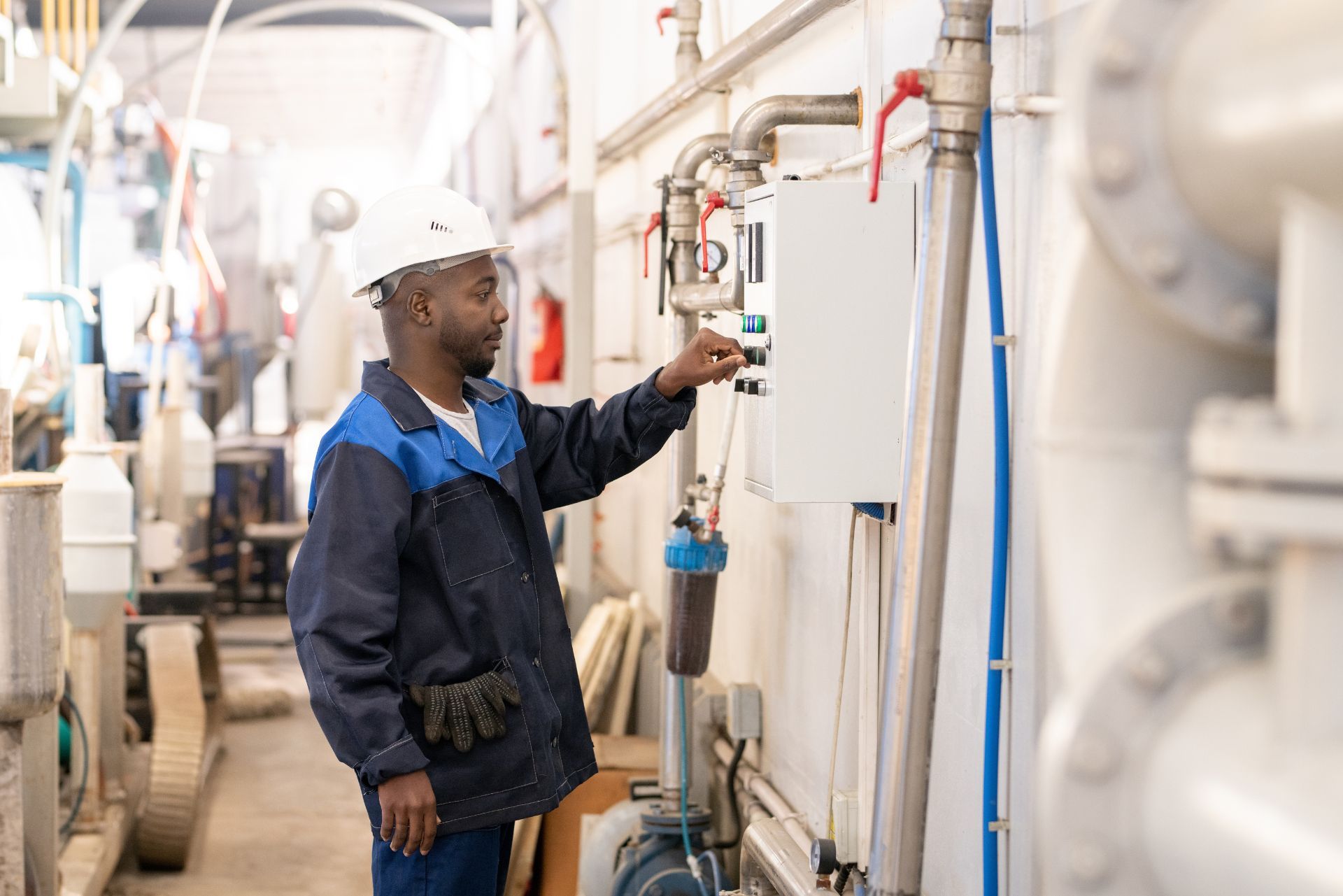
Conclusion
Marine HVAC technician insurance is an essential component of a successful and sustainable business. By understanding the various types of coverage available, assessing risks, and taking proactive steps to reduce costs, technicians can protect themselves and their livelihoods. With the right insurance in place, marine HVAC professionals can focus on providing exceptional service to their clients while navigating the unique challenges of their industry.
In a field where safety and reliability are paramount, investing in comprehensive insurance coverage is not just a smart business decision; it is a commitment to professionalism and quality in the marine HVAC industry. By prioritizing insurance, technicians can ensure they are prepared for whatever challenges may arise, allowing them to thrive in their profession.
Areas we serve

